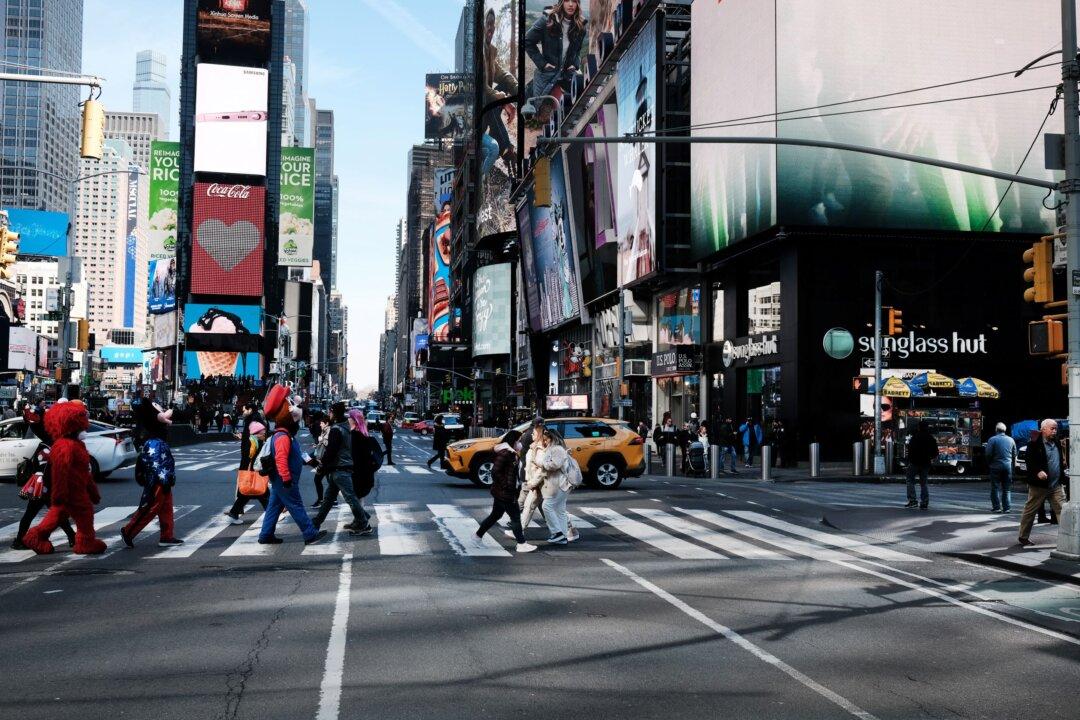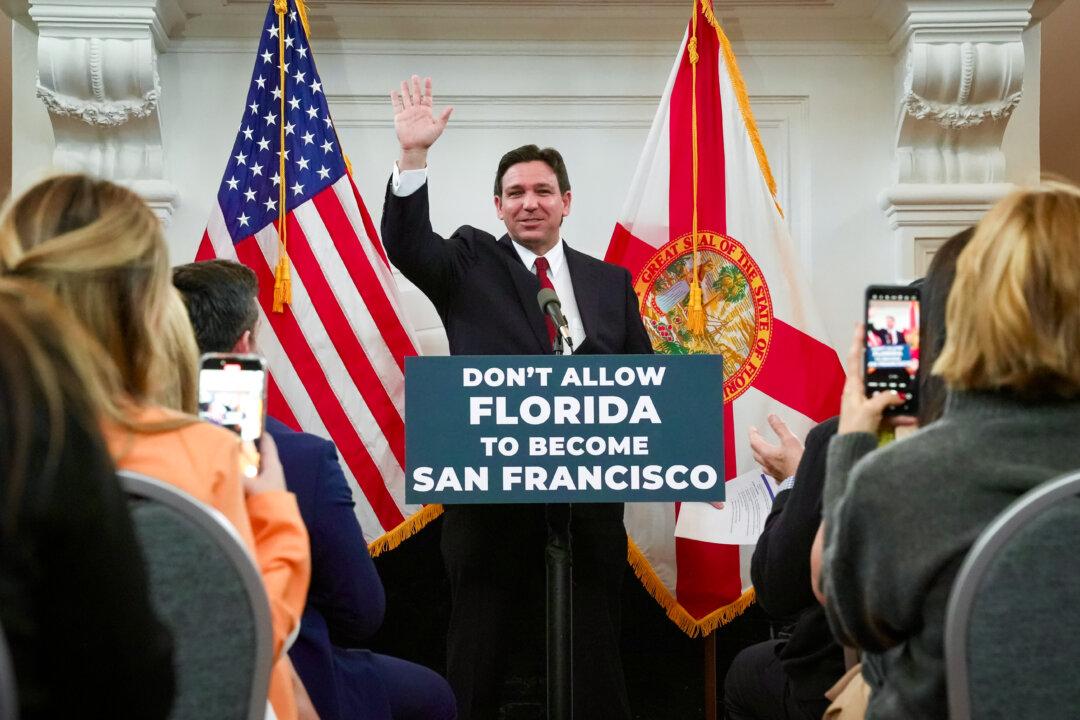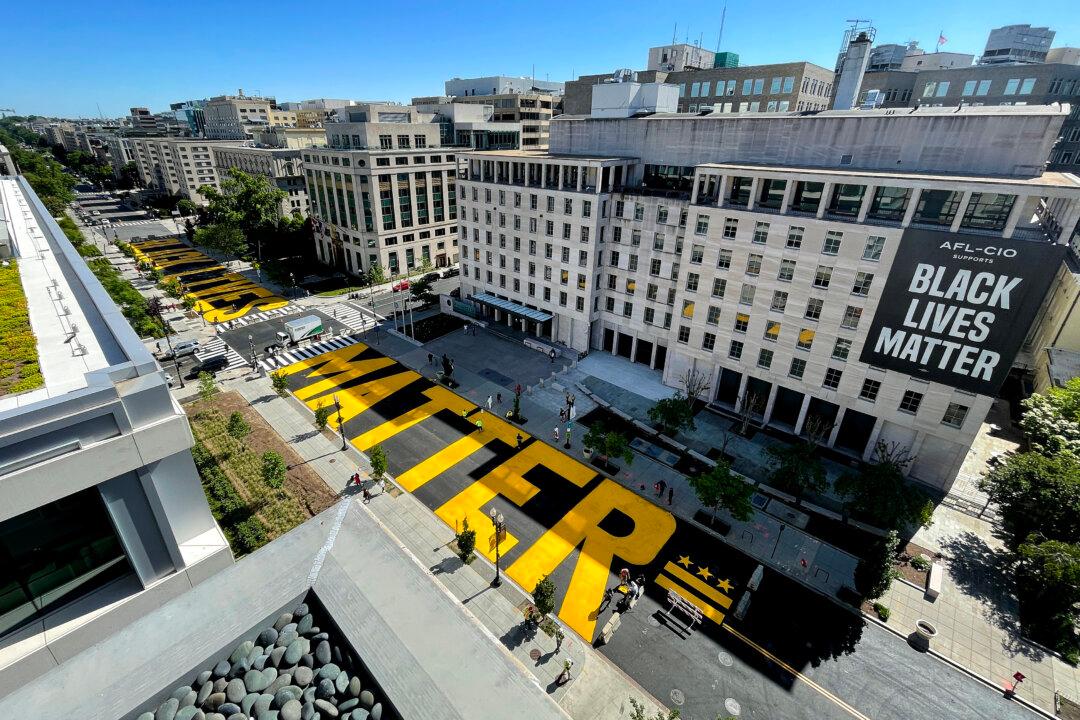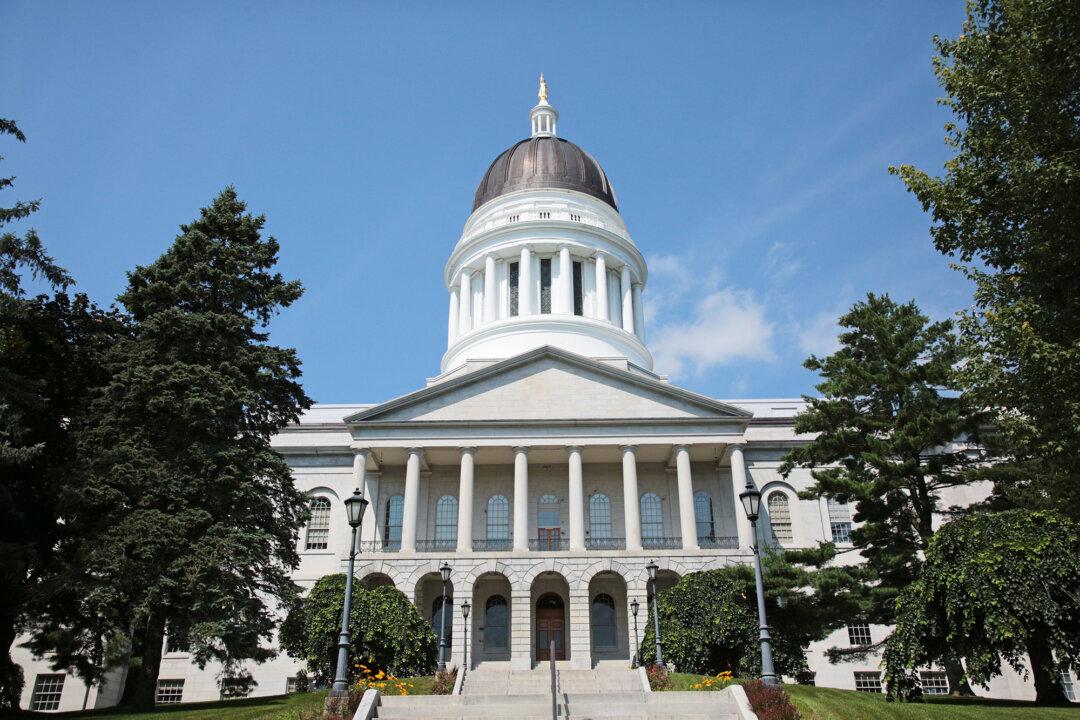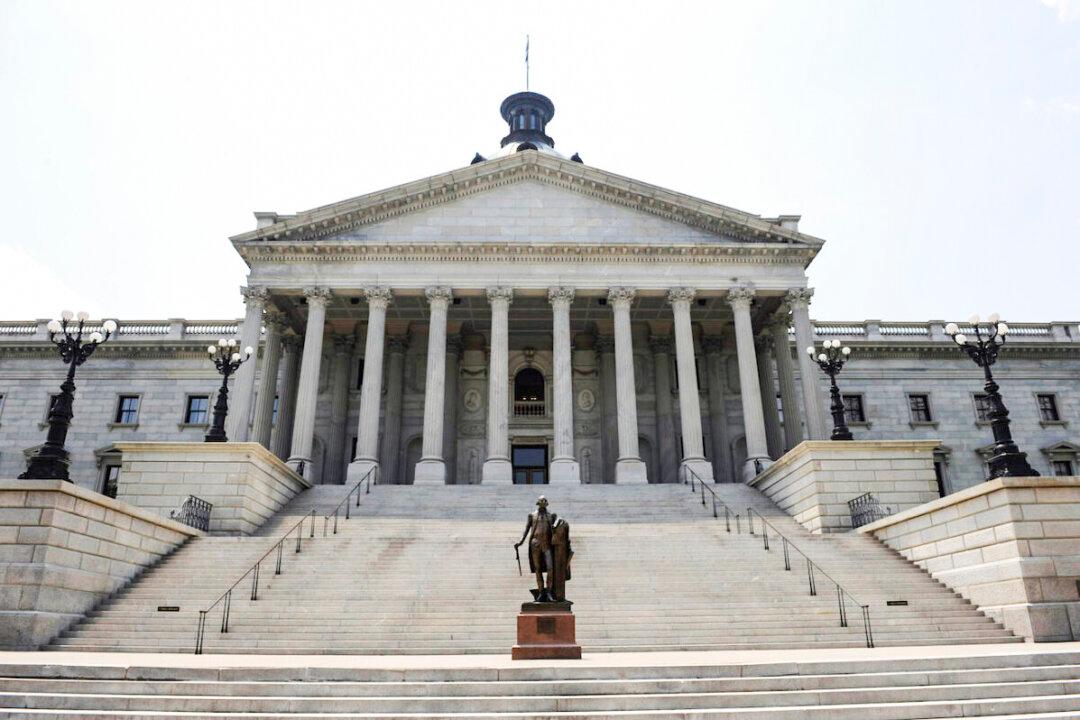A New York judge overturned a law that allowed the state government to place even healthy citizens in quarantine camps for an indefinite time without review.
Until July 8, the New York Department of Health had immense power to enforce quarantine measures on citizens. It received this power from the state’s Rule 2.13.
